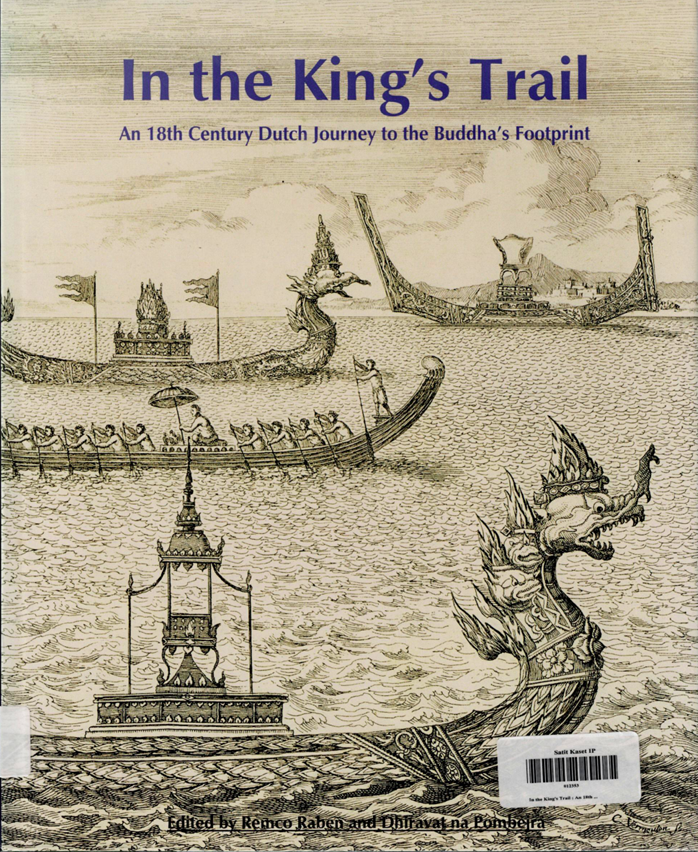| Barcode | Call Number | Status | Action |
|---|---|---|---|
| 001125 | 959.704 MUR |
Available
|
Sir Garnet Wolseley's campaign of 1882, completed in just four and a half weeks, was an almost 'textbook' operation, carefully planned and executed with masterly competence. In 1881 the Egyptian army mutinied from Tewfik Pasha, the Khedive of Egypt, whose father's reforming policies had bankrupted the country, and forced him to appoint Said Ahmed Arabi as Minister of War in early 1882. In March Arabi was made a Pasha and from this time on acted as a dictator. The British, already worried at Arabi's rise were further concerned when his inflamed supporters threatened to commit a massacre of all foreigners in Egypt. The Victorian press helped to stoke public outrage at events in Egypt, and this, combined with the impassioned demands of Arabi that the foreigner be driven out of Egypt and massacres of Christians in Alexandria prompted an armed British response, first in the form of a bombardment of Alexandria by the Royal Navy, and then as an expeditionary force under Lieutenant-General Wolseley. Wolseley's quick success- re-established British control of the country and deposed Arabi, who was subsequently brought to trial and exiled to Ceylon. Donald Featherstone's narrative describes the whole of the 1882 Egyptian campaign: the naval bombardment of Alexandria, Wolseley's outflanking of the Egyptian forces via the Suez Canal, the advance to Kassassin and the decisive battle at Tel el-Kebir. It is supported by detailed orders of battle and graphics based upon highly accurate military cartography carried out by the victorious army.











